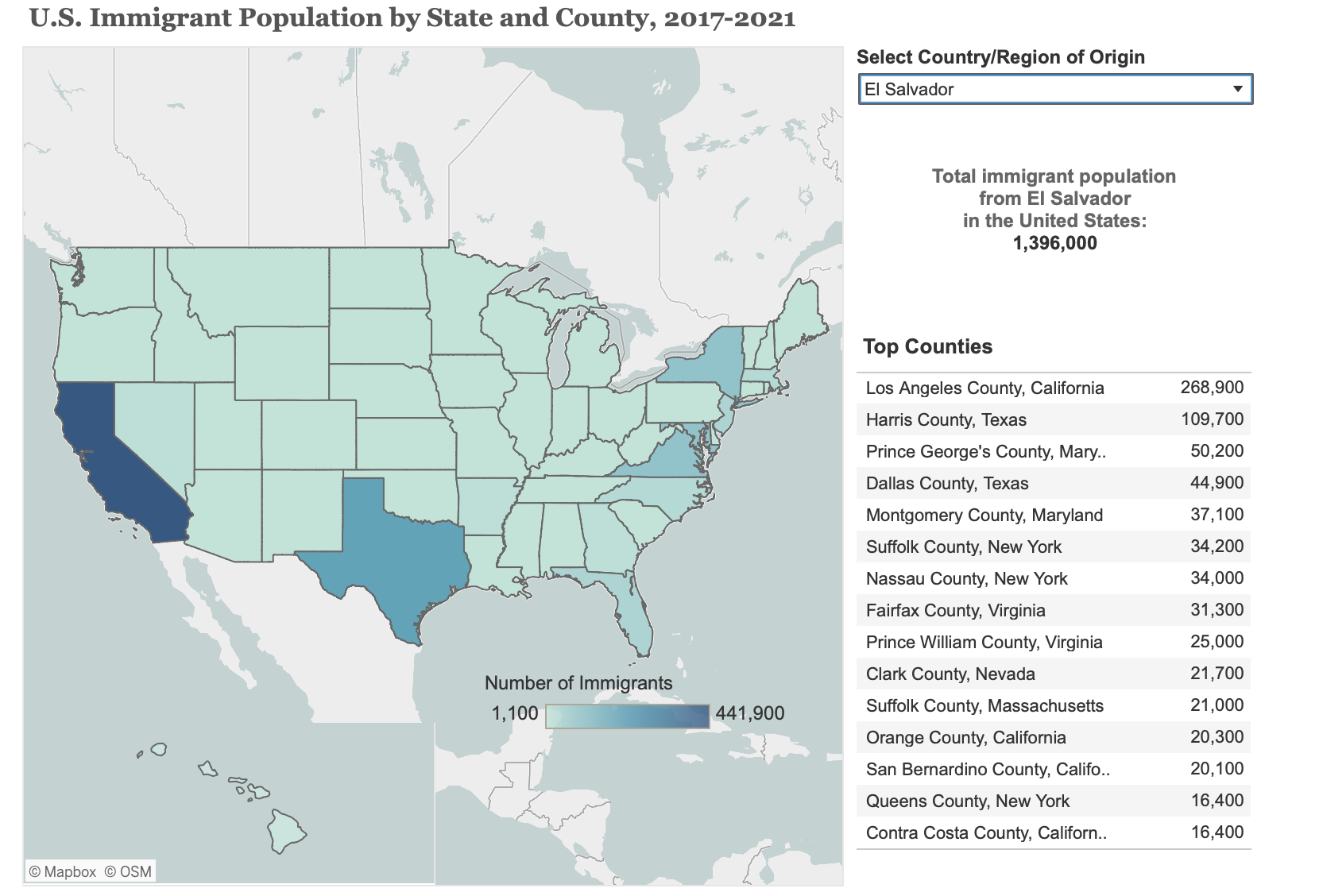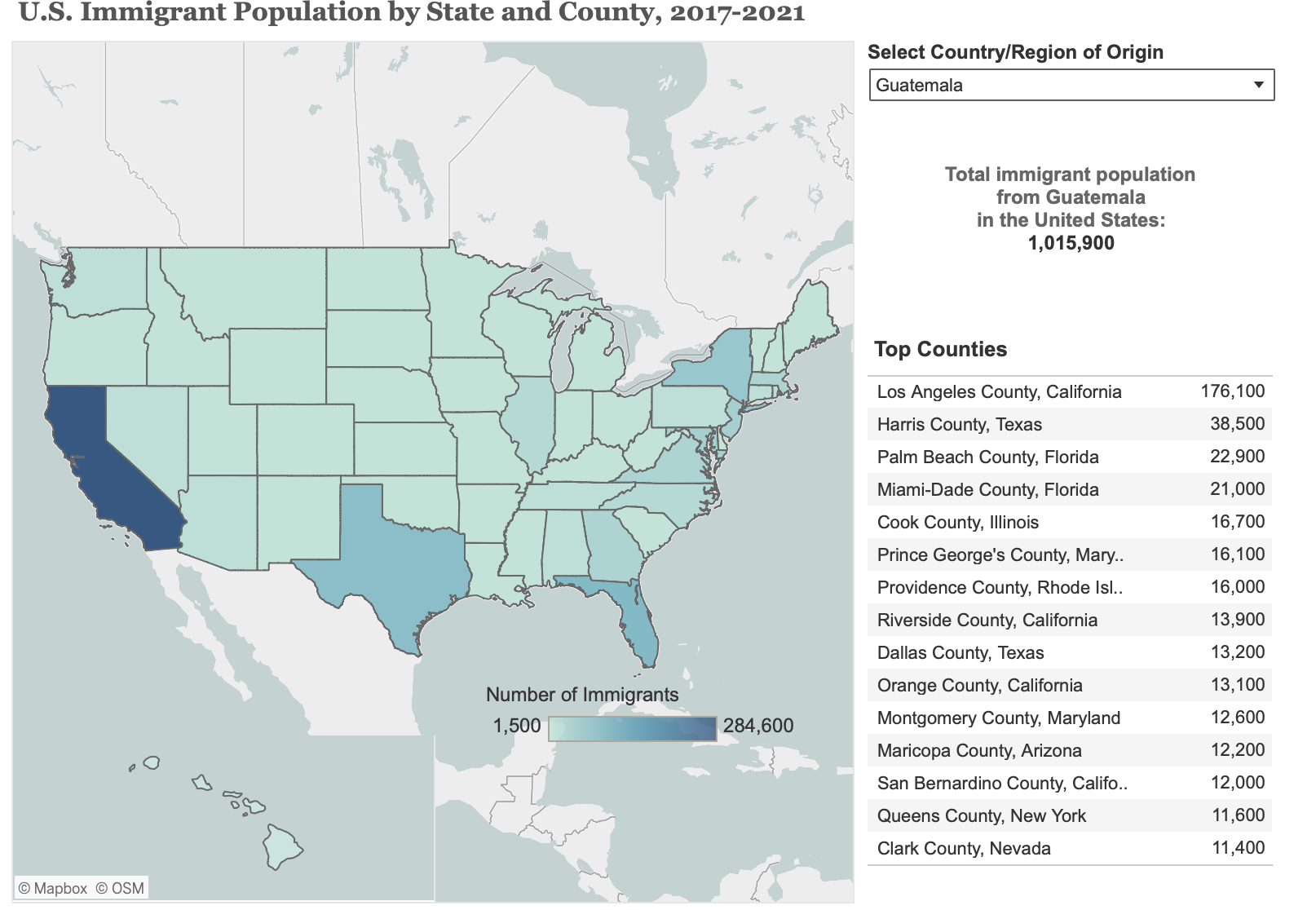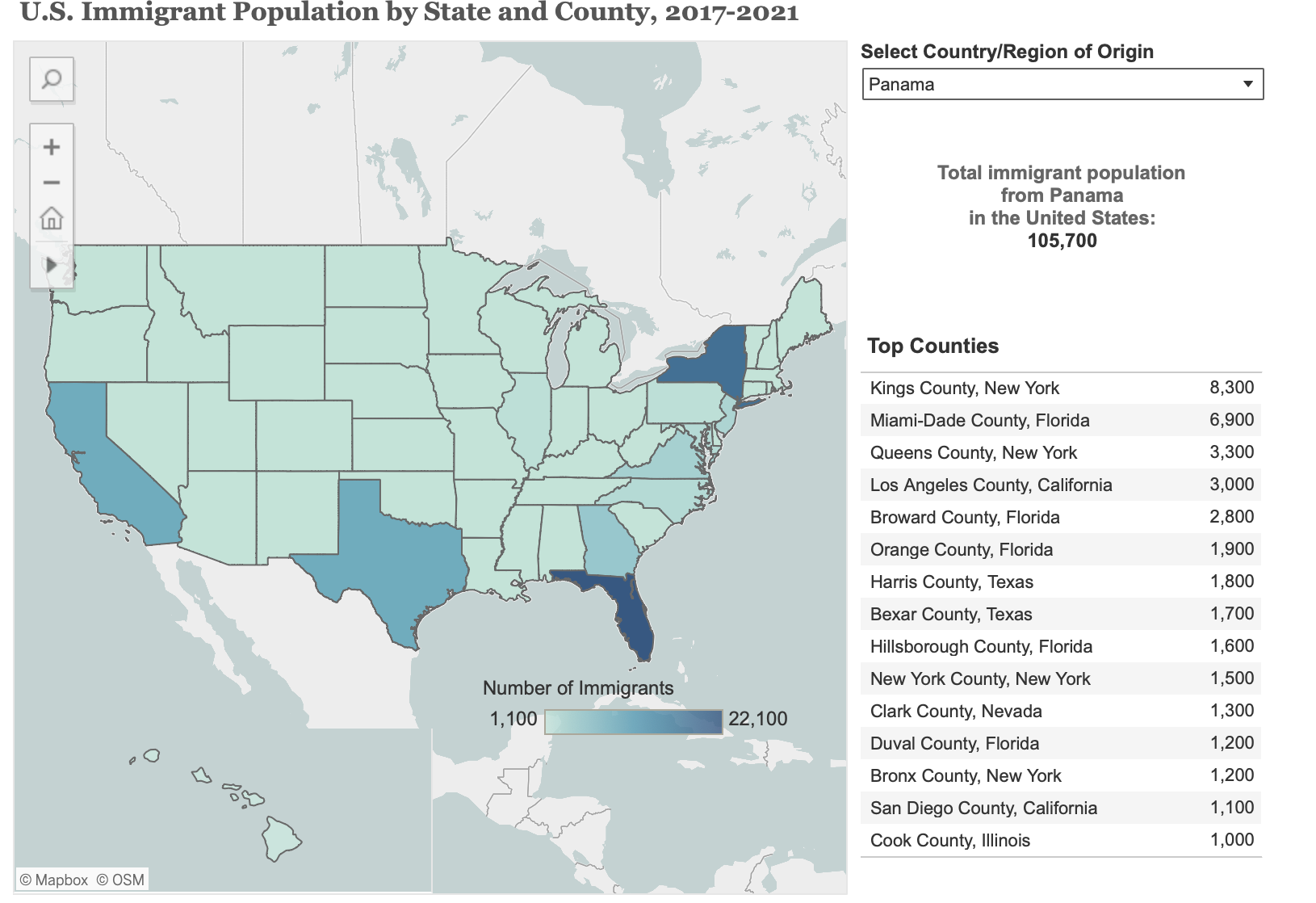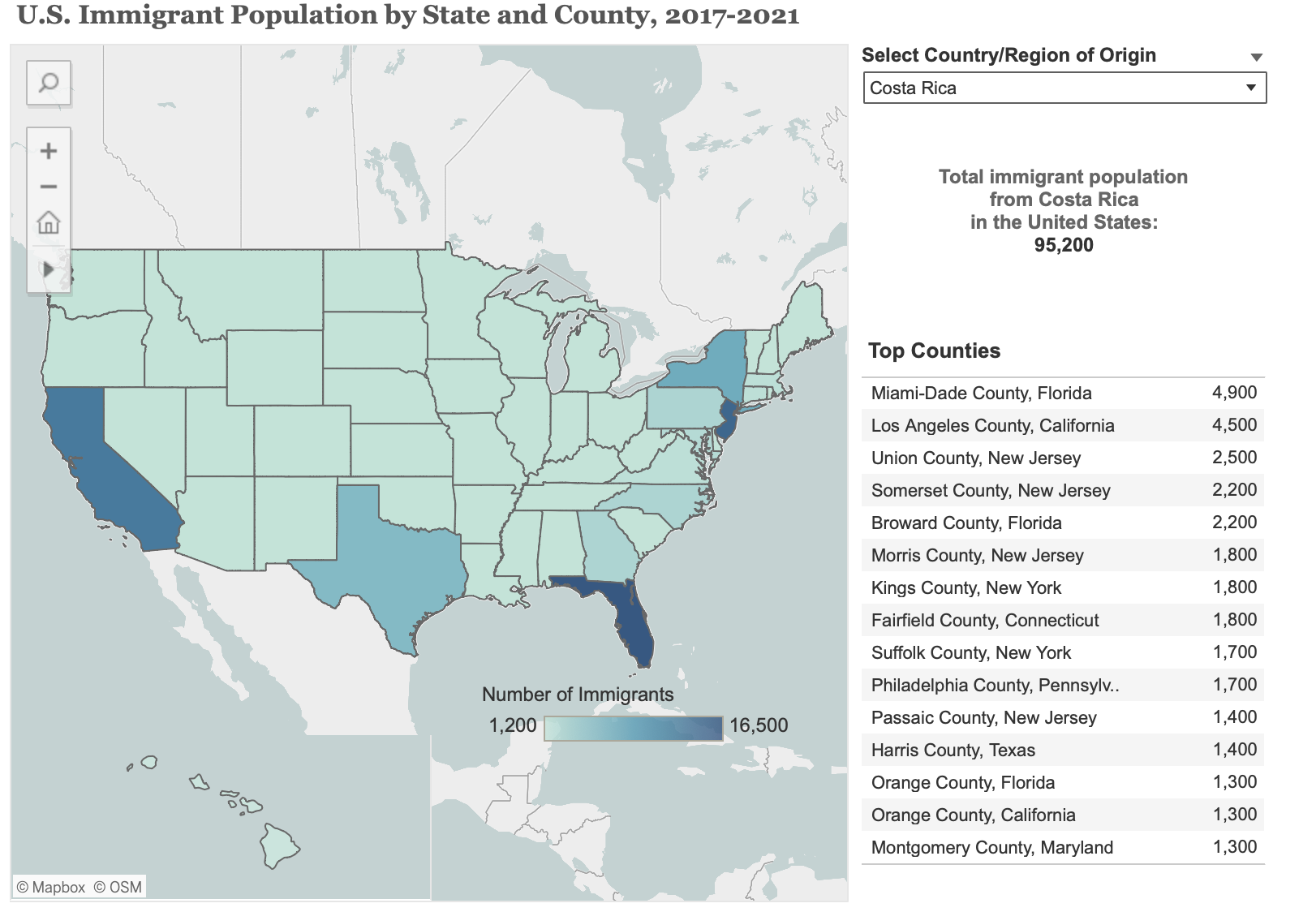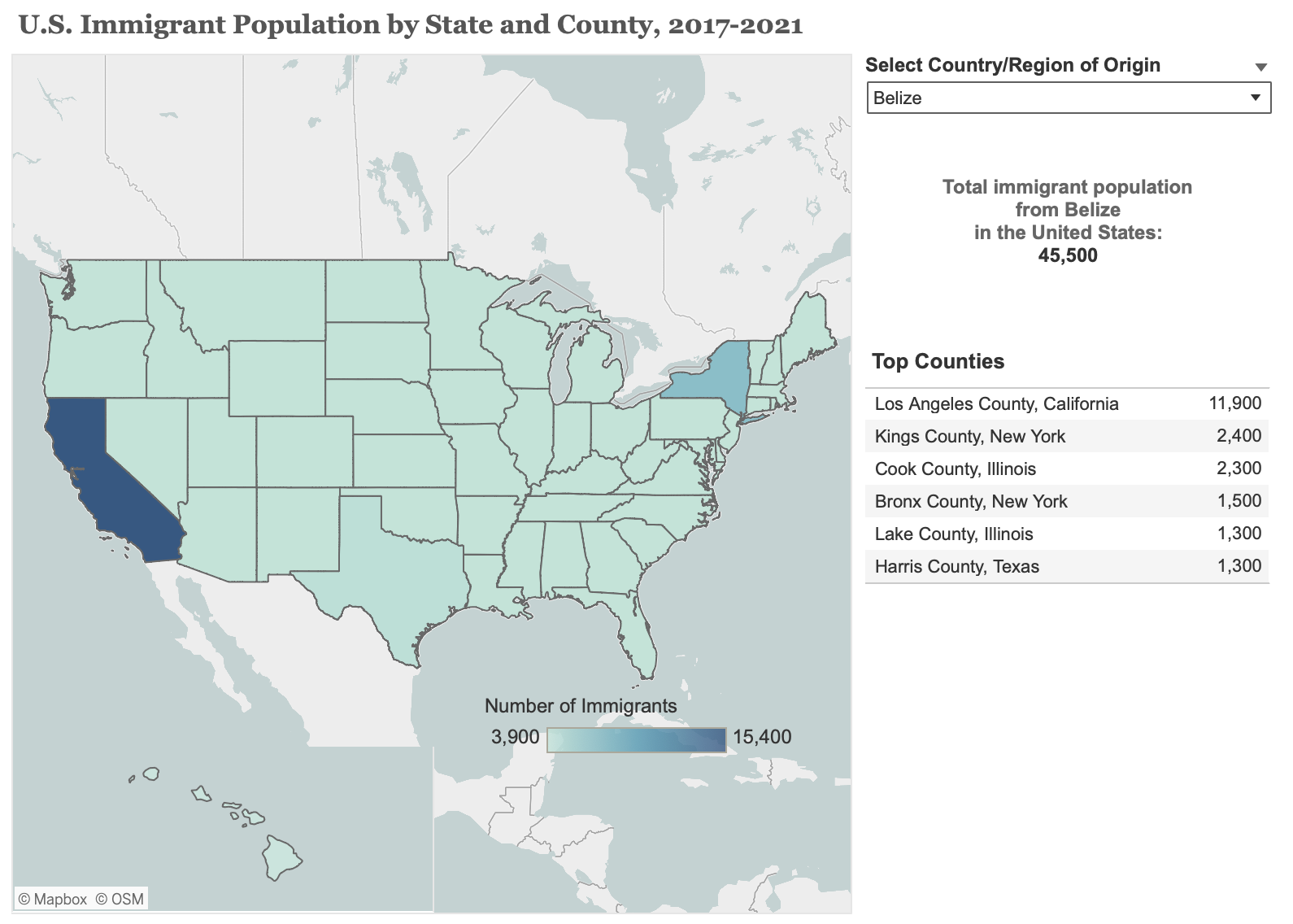Central American Diasporas in the United States
Researcher & Writer: Fatima Moran
Editor: Maya Garcia
Graphics: Sarah Marquez
The United States functions as a home for a variety of ethnic diasporas which includes Central Americans.
Central Americans’ migration journeys date back to at least a century following historical events that have been related to US intervention, war, poverty, violence, and climate change (Los Angeles Times). Their migration patterns have been attributed to a wide range of forced and voluntary movements that fall within the scope of “seeking opportunity, refuge, and stability in the US” since the first significant influx during the 1980s (Migration Policy Institute).
Much of the Central American diasporas are found nestled within “states along the coasts and southern borders with more than half of the population located in California, Texas, Florida, and New York (Migration Policy Institute). Together, these communities actively maintain cultural aspects of their homeland because of their global thinking interacting with their local environment (Clifford).
Los Angeles Times
https://www.latimes.com/california/story/2020-02-18/central-american-studies-united-states
Migration Policy Institute
https://www.migrationpolicy.org/article/central-american-immigrants-united-states
Diasporas by James Clifford
https://www.jstor.org/stable/656365
El Salvador
As of 2019, the total immigrant population from El Salvador in the United States was 1,381,000
Top 5 Counties with the highest concentration of Salvadorans:
Los Angeles County, California (269,600)
Harris County, Texas (108,400)
Prince George’s County, Maryland (45,500)
Dallas County, Texas (44,000)
Montgomery County, Maryland (42,200)
Migration Policy Institute
Guatemala
As of 2019, the total immigrant population from Guatemala in the United States was 979,100
Top 5 Counties with the highest concentration of Guatemalans:
Los Angeles County, California (175,600)
Harris County, Texas (36,800)
Palm Beach County, Florida (19,400)
Miami-Dade County, Florida (19,300)
Cook County, Illinois (18,500)
Honduras
As of 2019, the total immigrant population from Honduras in the United States was 651,100
Top 5 Counties with the highest concentration of Hondurans:
Harris County, Texas (62,200)
Miami-Dade County, Florida (47,900)
Los Angeles County, California (35,100)
Jefferson Parish, Louisiana (16,400)
Dallas County, Texas (16,200)
Nicaragua
As of 2019, the total immigrant population from Nicaragua in the United States was 251,900
Top 5 Counties with the highest concentration of Nicaraguans:
Miami-Dade County, Florida (77,500)
Los Angeles County, California (23,200)
Broward County, Florida (7,800)
Harris County, Texas (7,700)
Contra Costa County, California (6,000)
Panama
As of 2019, the total immigrant population from Panama in the United States was 103,300
Top 5 Counties with the highest concentration of Panamanians:
Kings County, New York (9,100)
Miami-Dade County, Florida (6,500)
Queens County, New York (3,200)
Broward County, Florida (3,000)
Los Angeles County, California (2,800)
Costa Rica
As of 2019, the total immigrant population from Costa Rica in the United States was 88,100
Top 5 Counties with the highest concentration of Costa Ricans:
Los Angeles County, California (5,200)
Miami-Dade County, Florida (4,900)
Union County, New Jersey (2,400)
Broward County, Florida (2,400)
Somerset County, New Jersey (2,300)
Belize
As of 2019, the total immigrant population from Belize in the United States was 48,900
Top 5 Counties with the highest concentration of Belizeans:
Los Angeles County, California (13,500)
Cook County, Illinois (2,900)
Kings County, New York (2,600)
Harris County, Texas (1,700)
Sources
Diasporas by James Clifford
https://www.jstor.org/stable/656365
Los Angeles Times
https://www.latimes.com/california/story/2020-02-18/central-american-studies-united-states
Migration Policy Institute
https://www.migrationpolicy.org/article/central-american-immigrants-united-states
Migration Policy Institute - Migration Policy Institute tabulation of data from the U.S. Census Bureau's pooled 2015-2019 American Community Survey
